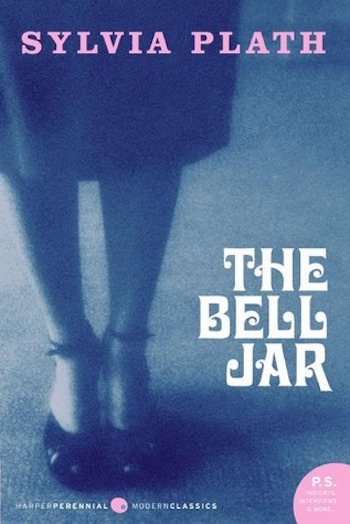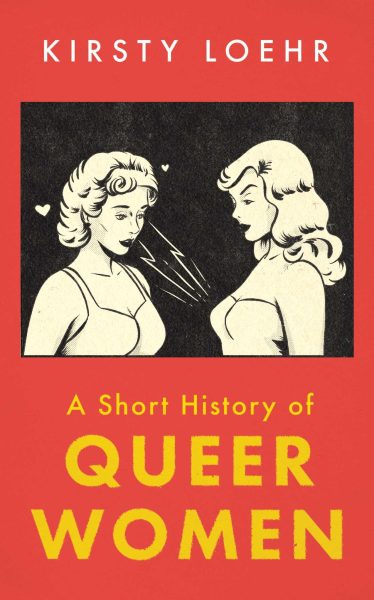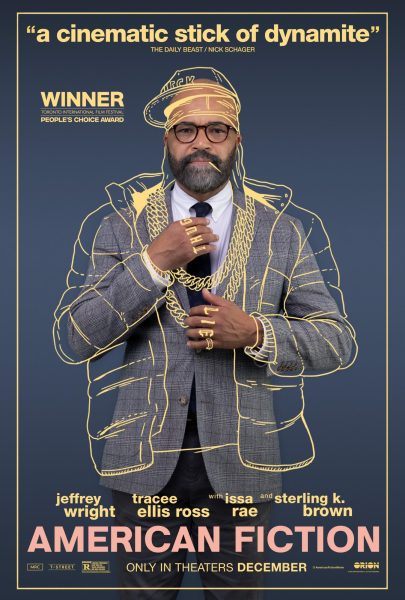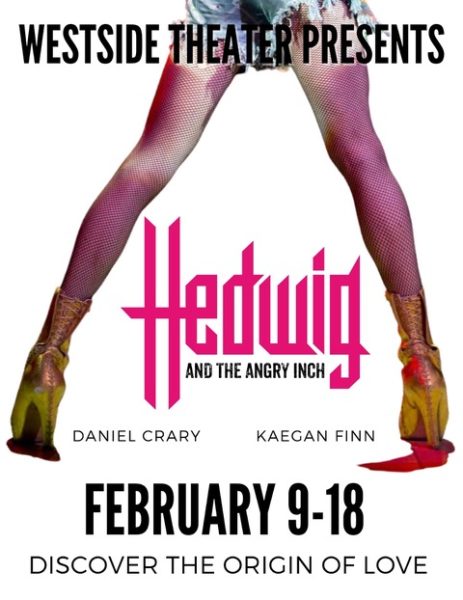What Clue is Needed to Prove Who Killed Knives Out?
Someone is going to die. Someone is always going to die, or there would be no reason to discover who dun’ it. Someone killed the perfectly good idea of a mystery found within the script of Knives Out, and in the words of Detective Blanc, “I suspect foul play.” Let’s attempt to solve this mystery by comparing Knives Out to another thrilling who dun’ it, 1985’s Clue.
Both films have cool real estate, plenty of motive, star power up the wazoo, character conflicts, believable suspicion, and rest complete creative duties of writing and directing on the shoulders of the same individual. So if the structure of each film is seemingly parallel, then what can be found in Clue that is missing from Knives Out?
Unlike Knives Out, the politics used in Clue actually matter to the plot. This can be seen early in the film, when butler Wadsworth checks in on the cook, and as he walks into the kitchen, a popular senator at the time the film takes place, 1954, appears talking on a television in the room. That senator was none other than Joseph McCarthy, the man most well known for accusing high-ranking political officials of communist activity in an act of “McCarthyism” during the “Red Scare.”
The entire point of Clue is that everyone blames everyone else for each individual crime, without evidence. The small placement of McCarthy on the television was clearly intended to show how silly the idea of blaming someone without evidence is, and the whole film is further proof.
The way Rian Johnson writes characters having major political agendas does only one thing. It adds nothing more to the overall story than to distract the viewer into falsely believing that the politics hold value to the film. Take the characters of Meg Thrombey and Jacob Thrombey as an example. Meg is going to school to get a political science degree, and Jacob is a teenager who sits on his phone all day. These two characters clash multiple times due to strongly differing political opinions.
This is only one example of random political agendas thrown into the film with seemingly no reason behind them. Rian Johnson seems to have mistaken the line of dialogue from Clue, “Communism is just a red herring,” as something more than it was. A clear joke.
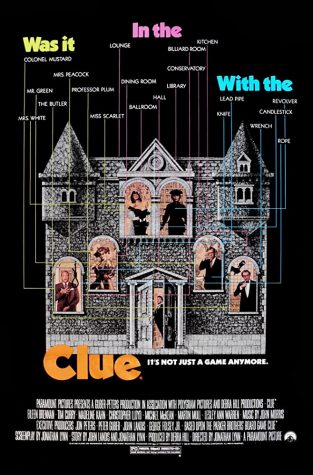
Knives Out’s biggest wrongdoing is stealing from Clue with no one noticing. First, many credited Knives Out for having a clever and original script, for changing up the murder mystery formula by showing how Harlan Thrombey was killed within the first 30 minutes of the film instead of having it all explained at the end.
Then, the plot revolves around how the main character, Marta, who was supposedly responsible for Thrombey’s death, attempts to manipulate the Thrombey family, local authorities, and private detective (Detective Blanc) in her favor. Before the end of the film, Detective Blanc, hired for the case, guesses with no evidence how the real crime occurred, and gets it correct. His explanation makes sense from an audience member’s perspective, but a lot of what he says relies on information he never found out.
In Clue, we are told that none of the different six guests are aware why they were invited to the house except they all received that same letter invitation. Within the first thirty minutes we are shown, and told, that each of the members present are being blackmailed by a Mr. Body, instead of waiting until the end to find out why they’re all at the house. Then, after the first murder is committed, everyone tries to convince the others they had nothing to do with any of the deaths in the film.
By the end of Clue, Wadsworth goes through the events of the evening, “Step by step,” as he puts it. Using his knowledge of the house, and rational thinking, Wadsworth puts out who committed the murders with as much evidence as he can gather to back up what he’s saying. Due to the fact that the screenplay had three different endings, depending on the time you went to see the film in theaters you would get a different ending, meaning Wadsworth had to prove other people committed the murders three separate times.
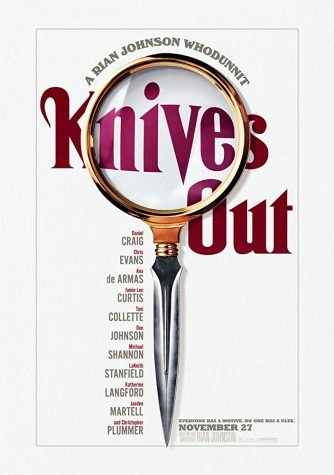
The big difference between how Wadsworth solves the case, and Detective Blanc’s explanation, is that even though they really both are guessing who committed each respective crime, Wadsworth has proof. During the scene previously mentioned, where the characters find out who’s behind their blackmailings, they each revise an item. Different characters discuss different weapons, but the item we care about is the pistol, because BANG! Right before we get Wadsworth’s explanation of who is possibly the killer, with the electricity out in the mansion, we hear the pistol being fired. With this in mind, Wadsworth deduces that whomever has the gun is the killer. Sure enough, he’s right.
Knives Out gets extremely close to replicating what Clue does with its ending, but falls flat on its face. It sets up that Marta can’t lie or she’ll throw up, and this idea is used well in the end explanation of the film. But it’s the reason why she throws up, the thing that she lies about that makes no sense, that is overall confusing, and more importantly, not set up in any way.
So was it the acting, the composer, or maybe the set designer that killed the film? No. From the evidence laid out, we find that writer, director Rian Johnson killed Knives Out, in the theater, with poor writing and an unnecessary use of politics for nothing more than financial and political gain.

"This is where the fun begins." If you're a big fan of film, TV, or the world of entertainment as a whole, you've come to the right place. This will be...


